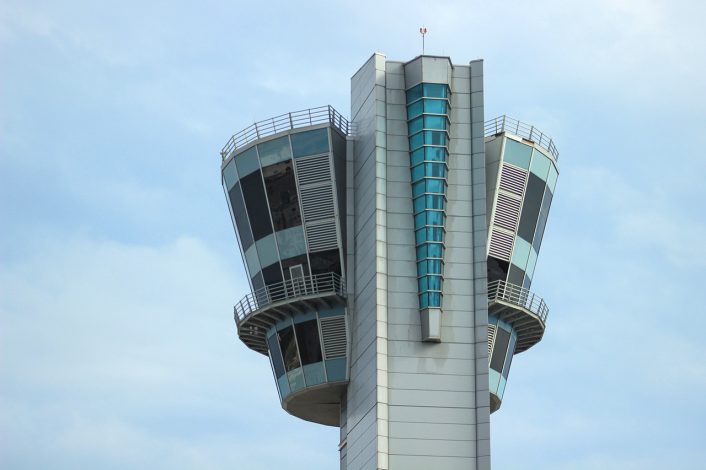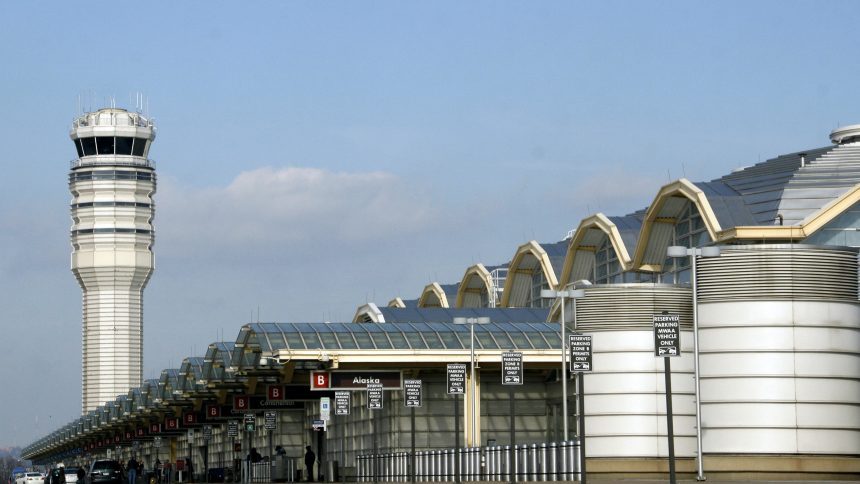Here’s what’s going on in the skies over the United States.
In a single day, there is an average of 43,000 flights in the air in the US ATC (Air Traffic Control) system. The 14,000+ civilian controllers charged with directing them safely, are working without receiving their pay.
Travelers are still getting to their destinations, and there is no major impact on airlines, or schedules but as for FAA Air Traffic Controllers, things may be a bit different. Right now, no one is receiving their pay as a consequence of government shutdown.
Since late December, they have been going to work, and not being compensated for their duties. This raises concern with topics like safety, staff shortage, stressed, and unhappy Air Traffic Controllers.
Safety is a major concern. With controllers not being paid, it may cause some to not show up for work, which will cause a major shortage. Not enough Controllers may cause problems in the airway, and possibly even lead to serious consequences if something were to ever go wrong. There would be a multitude of jobs that normally would be worked by many controllers, being worked by a fewer amount.

Lenny Ameika, who is a NATCA Union President in the New York Sector, an area that includes some of the biggest, and most important commercial airports in the world, such as JFK, Newark, and several military airfields including McGuire AFB and Stewart ANG, spoke on this surfacing issue. Mr. Ameika asserted that he “Doesn’t feel like the safety is being impacted that much from our perspective.” He also went on to say that “We’re safety professionals, we deal with it, we handle it well.” The safety aspect of this problem doesn’t seem to be an issue right now, but may become more serious if the shutdown were to continue.
Whilst civilian controllers are not responsible for OAT (Operative Air Traffic) , they have to ensure proper deconfliction between military and civilian air traffic in their area of responsibility, and cooperate with military ATC to ensure the safe transit across multiple airspaces. Despite the shutdown there are still operations that are being carried out, and there needs to be cooperation between military and civilian ATC to make sure these missions are carried out safely. And, according to the controllers, there has been no impact on military aviation either, and no military operations have been impacted by this shutdown through the ATC perspective.
On touching upon the topic of what they would do in the event on a short staff, Ameika’s main concern is safety. “If the system is full, with the staffing we have, the planes will have to be held on the ground, they will not be taking off. There will be delays.” Delays cause more delays, and so on. Ths short staffed ATC Tower would start impacting airlines, and eventually the economy. Mr. Ameika stated that “We’ll continue to keep the flying public safe.” This is a bold statement, because a lot of citizens are concerned about safety, and this puts into perspective where their priorities are set at, which is keeping everyone safe, and helping them get to their destination. Right now, there are no compromises, and not one expected relative to safety.
He also touched on stress, and how many of the controllers are becoming more and more stressed everyday this shutdown continues. As they come into work, knowing that they aren’t being paid, or which bills they’re going to have to pay next, or what they’ll have to sacrifice next.
He went on to talk about morale by saying “The worst part is the morale, and the added stress to an already strained Air Traffic Control system, where we’re working the busiest, and most complex Air Traffic system in the world right now.” On the industry as a whole being affected, Mr. Ameika declared that “Flight Inspections aren’t getting done, and new procedures aren’t being developed, because our support staff isn’t available.” This may lead back to the fact that not only ATC is being affected, but the Aviation Industry as a whole.









